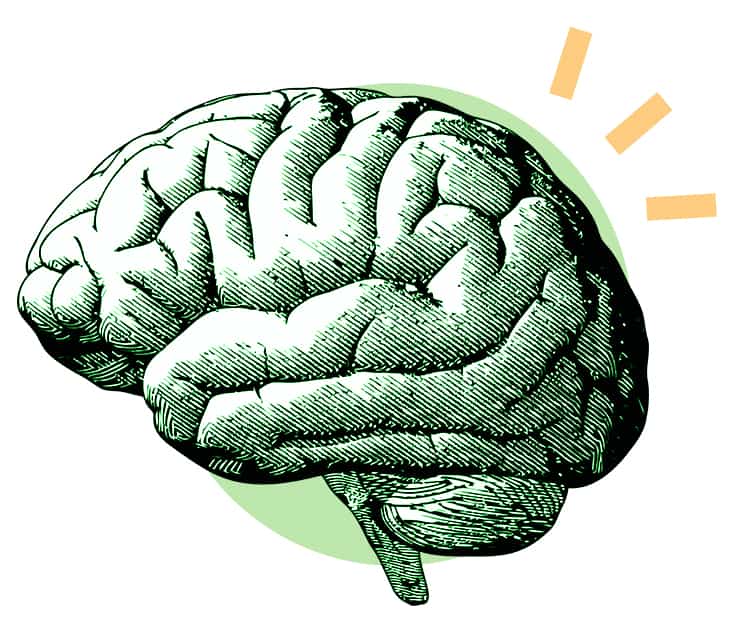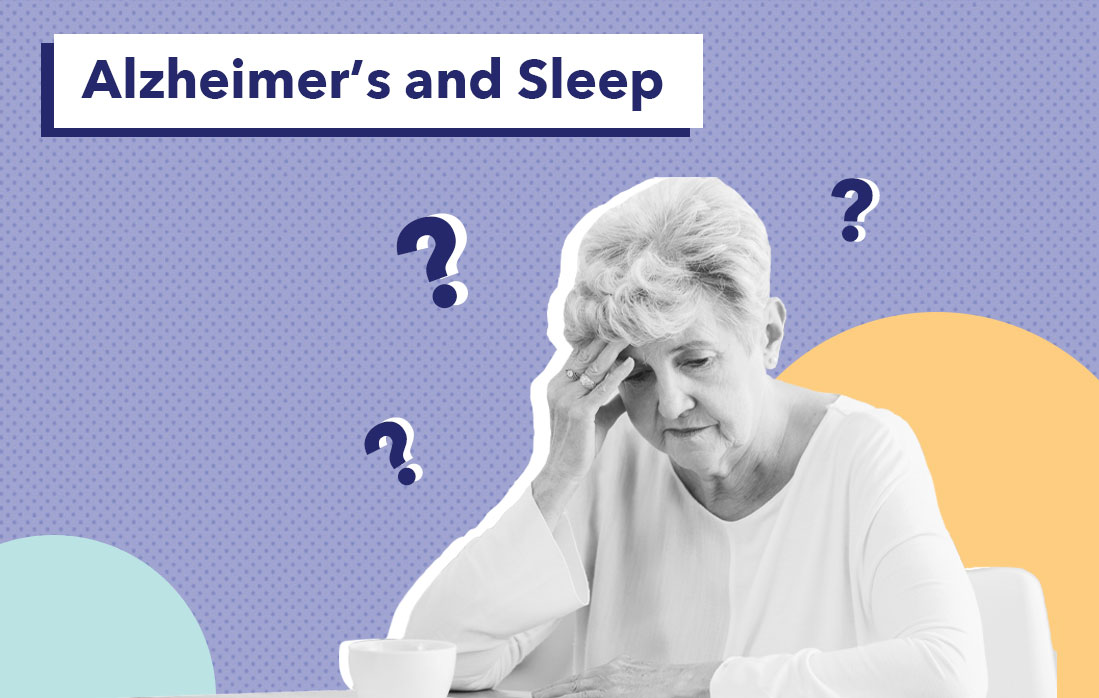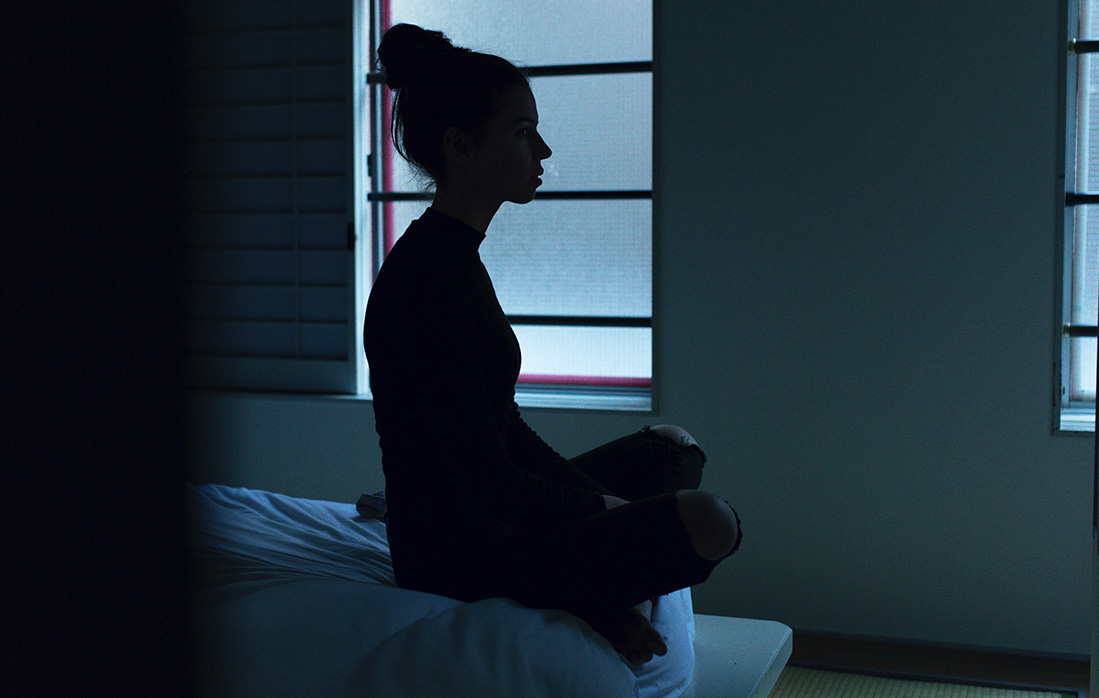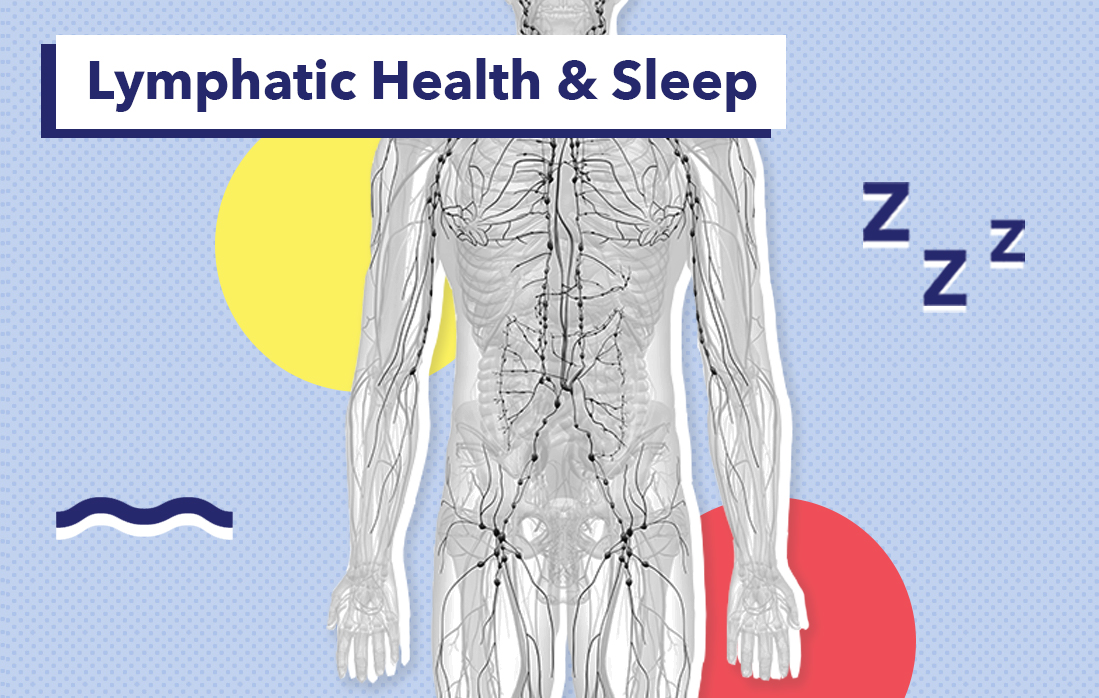
We already knew sleep had brain-building superpowers, but it may be even cooler than that. A study published in Nature in February, 2024 found that during deep sleep, our brain cells (neurons) clear out brain waste by literally pushing it out with brain waves. (1)
Our brain works hard (well, sometimes, right?) and all that activity creates microscopic waste products. (1) Now, everywhere else in our body, our lymphatic system cleans out waste, but experts know this system doesn’t touch the brain or other parts of the nervous system. (1)
So, how could the brain offload its “garbage?” It turns out your brain has its own cleaning system: the glymphatic system. (2) Since its discovery in 2012, this system has sparked a wave of research to learn more about it. (3)
During the day, our neurons fire chaotically – with no synchronization – which helps us do and think about all we have to in our busy waking hours. But during sleep, these neurons get organized and coordinate their timing to produce rhythmic waves. (1) Experts knew this already, but in the Nature study, researchers found these waves actually push fluid around the brain and drain away waste products. (1)
Even though this research studied mice, not humans, the results still hold implications for us, says Li-Feng Jiang-Xie, PhD, co-author of the study and a postdoctoral research associate in the Department of Pathology & Immunology at Washington University in St. Louis, MO. “Our research focuses on a fundamental principle of biology shared among organisms with central nervous systems, including humans, mice, and fish,” Jiang-Xie says.
“It’s an interesting theory,” says W. Christopher Winter, MD, sleep specialist, neurologist, and author of The Rested Child and The Sleep Solution. We’ve known about synchronized deep sleep waves for some time, Winter adds, but this study suggests these waves aren’t just electrical signatures: they may also remove brain waste.
Deep Sleep and Your Brain
Our brain depends heavily on deep sleep, some of which is known as slow wave sleep. (4) (5) Getting plenty of deep sleep helps you cement recent memories, concentrate better, and respond quickly. (4)
In fact, our brain goes through some pretty phenomenal changes during deep sleep. “During slow wave sleep the brain shrinks and the volume of extracellular fluid [(the fluid surrounding our brain cells]) increases by an astonishing 60 percent,” says David Rosen, MD, a sleep medicine physician and founder and CEO of Renuma.
“It’s like this fluid is bathing the brain and cleaning it. Going out of deep sleep is like opening the drain to let out the bathwater,” Rosen adds, and without enough time in “cleaning mode,” your brain can’t function as well. And now, thanks to this study, we better understand the mechanism behind how the brain cleans itself. (1)
A New Connection Between Sleep and Alzheimer’s
Beyond its implications for general health, the study also draws a connection between brain cleansing and neurodegenerative diseases like Parkinson’s and Alzheimer’s. “The development of dementia is believed to be partially related to the slow buildup over years and decades of brain waste products,” says Rosen.
That means we could potentially prevent these diseases from developing. “If we can fully understand and harness the glymphatic system’s disposal of brain waste products, we can preemptively slow down or possibly reverse that process of waste buildup that disrupts the cognitive abilities of someone developing dementia,” says Rosen.
Winter agrees, with some stipulations. “I’m guessing that this would be a very long-term solution,” says Winter. “In other words, this might have to be a therapy that is initiated well before the onset of a disorder like Alzheimer’s for it to have a therapeutic effect.”
This study illustrates yet another reason to make sleep a priority for your health, especially as sleep quality shifts in older age, says Rosen. “This paper fits in with a growing outlook that is a complete paradigm shift in how we frame normal sleep in an older adult.”
As of now, Rosen adds, we tell older adults their decreasing deep sleep is normal. “[But] just as we can aggressively take steps to prevent and reverse heart disease and cancer, so too can we one day have tools to prevent and reverse dementia through augmenting and sustaining a healthy glymphatic system into old age.”
What’s Next?
“Our study introduces the fundamental concept of self-cleansing, a previously unknown force that has shaped our nervous system throughout evolution,” says Jiang-Xie, who believes this concept will change our understanding of the brain.
In the short term, Jiang-Xie says, scientists might be able to point out specific parts of the brain or neuron types that help the brain clean itself. Longer term, he adds, this concept may help us develop new strategies to combat diseases like Alzheimer’s.

A Caregiver’s Guide to Alzheimer’s and Sleep

New Study Suggests Eliminating Sleep Disturbances Could Help Fight Against Alzheimer’s

A Guide to Lymphatic Health and Sleep

Can Certain Scents Improve Your Memory While You Sleep? One Study Says They Can
Sources
1. Jiang-Xie LF, Drieu A, Bhasiin K, Quintero D, Smirnov I, Kipnis J. Neuronal dynamics direct cerebrospinal fluid perfusion and brain clearance. Nature. 2024;627(8002):157-164. doi:10.1038/s41586-024-07108-6
2. Lohela TJ, Lilius TO, Nedergaard M. The glymphatic system: implications for drugs for central nervous system diseases. Nat Rev Drug Discov. 2022;21(10):763-779. doi:10.1038/s41573-022-00500-9
3. Ding Z, Fan X, Zhang Y, et al. The glymphatic system: a new perspective on brain diseases. Front Aging Neurosci. 2023;15. doi:10.3389/fnagi.2023.1179988
4. Brain Basics: Understanding Sleep | National Institute of Neurological Disorders and Stroke. Accessed October 3, 2023. https://www.ninds.nih.gov/health-information/public-education/brain-basics/brain-basics-understanding-sleep
5. Patel AK, Reddy V, Shumway KR, Araujo JF. Physiology, Sleep Stages. In: StatPearls. StatPearls Publishing; 2023. Accessed January 6, 2024. http://www.ncbi.nlm.nih.gov/books/NBK526132/
6. Winter, W. Christopher, MD. Author interview. March 19, 2024.
7. Rosen, David, MD. Author interview. March 19, 2024.